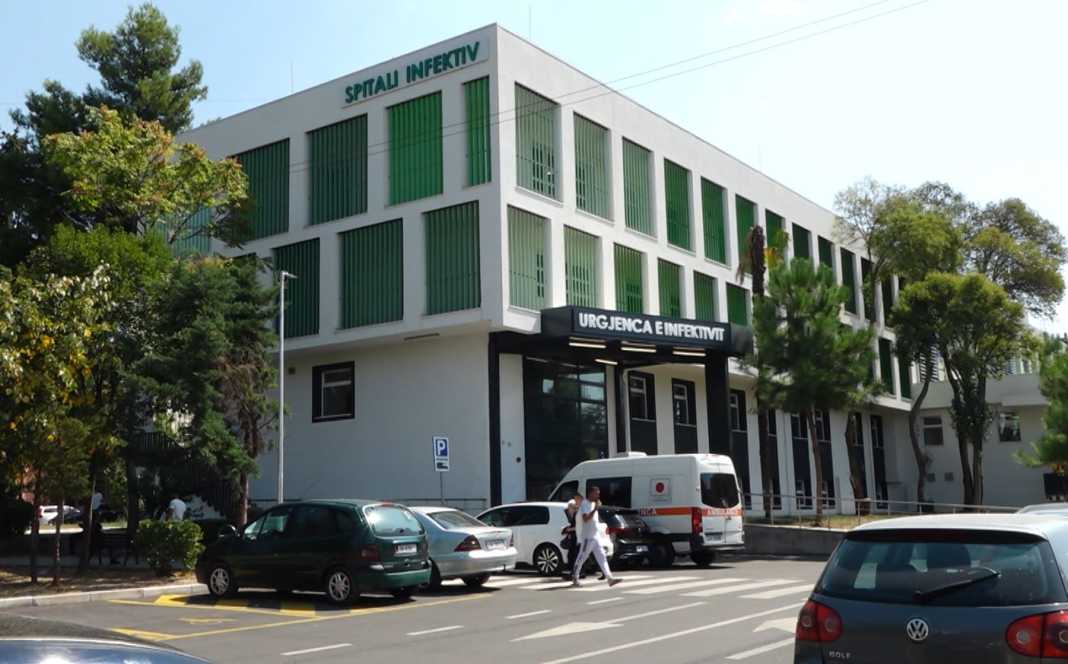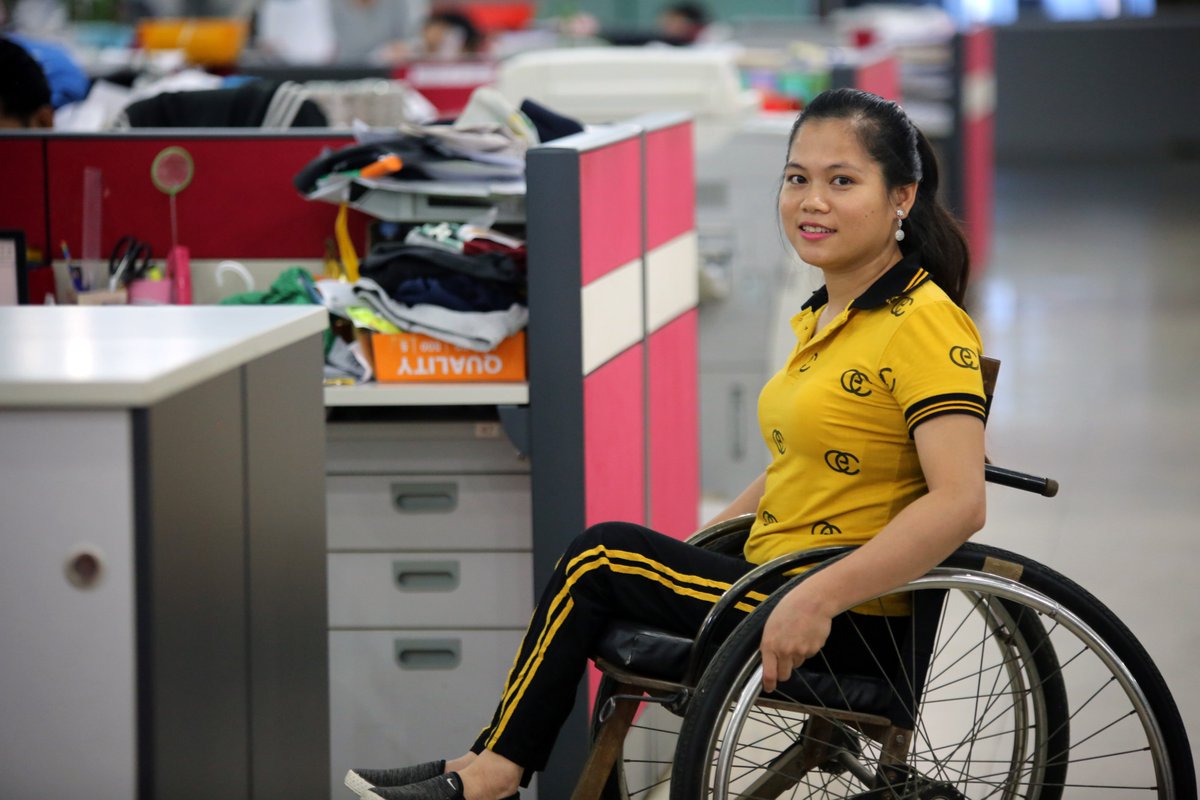Financial protection in Albania is weak compared to many other European countries. Catastrophic health spending is heavily concentrated among the poorest households and largely driven by out-of-pocket payments for outpatient medicines. Levels of unmet need for health and dental care are also high. Informal payments and low levels of public spending on health increase people’s exposure to out-of-pocket payments.
The World Health Organization (WHO) recently released a comprehensive report titled “Can people afford to pay for health care? Evidence on financial protection in Albania?” which sheds light on the financial hardships faced by millions of individuals due to out-of-pocket payments for healthcare in Albania. The study analyzed microdata from the Albanian household budget survey conducted by the Institute of Statistics of Albania in 2008–2009 and 2015. Data were collected from 5599 households from October 2008 to September 2009 and from 6532 households from January – December 2015.
In 2015, 12.5% of households experienced catastrophic out-of-pocket payments, disproportionately affecting the poorest households, people aged over 60, and families with children. Outpatient medicines were identified as the main driver of catastrophic spending for all but the wealthiest fifth of the population. Between 2009 and 2015, out-of-pocket payments rose sharply, largely due to higher household spending on outpatient medicines.
By 2016, such payments accounted for over 50% of total health spending, underscoring limitations in the design of health coverage and low public investment in the health system. Health coverage in Albania is provided through the Mandatory Health Insurance Fund (MHIF), which links benefits to the payment of contributions. However, MHIF covers only about two-thirds of the population.
Uninsured individuals are entitled to limited benefits, including free emergency care (since 2013), annual basic health check-ups (since 2015), and general practitioner visits (since 2017). They must pay out of pocket for all other health services, such as medicines, diagnostics, and non-emergency specialist care. Insured individuals enjoy a more comprehensive package, covering GP visits, outpatient specialist visits, and inpatient care with referrals, though gaps remain, such as the exclusion of adult dental care and co-payments for medicines, medical products, and some diagnostic tests. Informal payments, particularly for inpatient care, are widespread and impose a financial burden on poorer households, though there is some evidence of a decline over time.
To address these challenges, several policy recommendations are proposed by WHO:
Closing the coverage gap requires delinking MHIF entitlement from the payment of contributions, particularly given Albania’s large informal sector. Financial hardship caused by outpatient medicine costs can be reduced by exempting low-income households from co-payments, introducing income-related caps on co-payments, replacing percentage-based co-payments with low fixed ones, improving the selection process for covered medicines, and promoting cheaper alternatives. Efforts to monitor and reduce informal payments in public facilities are also critical. Finally, addressing these issues requires increased public investment in the health system. In 2016, Albania allocated 9.5% of its government budget to health, significantly below the European average of 12.5% and the EU average of 14.1%.


